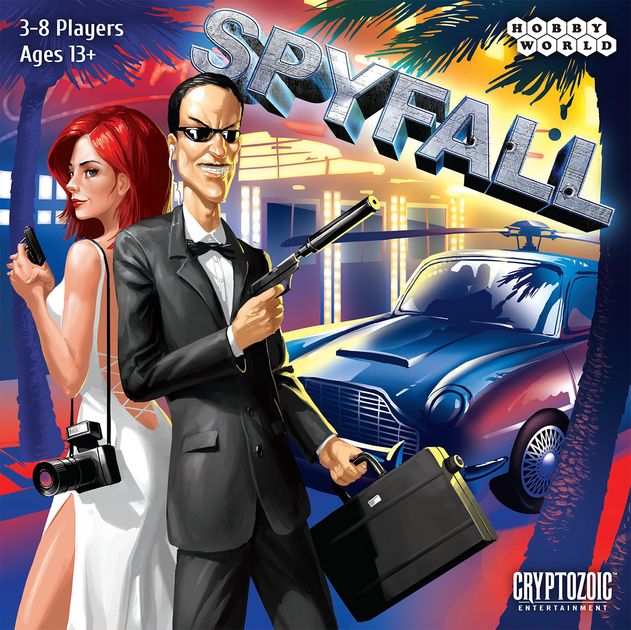Please fill out this mad lib and post it in the comments
Concept Statement: I plan to design a game to teach _____ for __(Player Type, Number)_____ I believe it will include these kinds of fun_____. My learning outcomes are _______. I will measure them by ______.
I want to do this kind of game because ________.
Games like this are __________. My biggest concern is___________.




For Thomas Hsieh, Katherine Liu, Kavita Selva, Melody Yang:
I plan to design a game to teach living collectively for 3-5 players. I believe it will include these kinds of fun: fellowship, challenge, narrative. My learning outcomes are teamwork and resource management. I will measure them by whether they survive and work together.
I want to do this kind of game because it’s important to learn how to live in a community.
Games like this are Don’t Starve and Captain is Dead. My biggest concern is overcomplicating the mechanics, and making the game too long.
I plan to design a game to teach ‘spoon theory’ for 1 player.
I believe it will include these kinds of fun: challenge, sensation (to a lesser extent) and submission/abnegation (this is a stretch goal). My learning outcomes are a better understanding of how spoons can get expended and replenished, and hopefully more empathy for people with limited capacities, which I will measure via surveys before and after playing. I want to do this kind of game because it’s an issue I personally care about, and for which I think a daily game would be a good fit for. Games similar to this are Grindstone (the Match-X gameplay), Wordle (a daily game) and Poker (or any other cardgame where you combine smaller elements to score).
My biggest concerns are that it will 1) ultimately be frustrating, since the experience I’m trying to convey is as well, 2) be too abstracted from what I’m trying to teach or 3) be difficult to properly balance.
I plan to design a competition game to teach how to code at a very basic level, KAREL level from 106a for any number of people (1 or more). I believe it will include these kinds of fun: challenge and narrative. My goal learning outcomes are 1) a really rudimentary understanding of how coding commands work and 2) a better sense of confidence with problem-solving. I will measure them by asking the player how they feel after playing the game and I could theoretically go so far as to test their competency by asking them to pseudocode practice problems to see whether the skills transfer. I want to do this kind of game because I think it would be really cool if we could make fun games to teach topics that aren’t as much fun due to their challenging nature. I’m currently envisioning a competition game wherein players can use coding commands to save their character from a maze, or something similar. I think games similar to this are the Wiki Game (the competition) aspect and other problem-solving games like mazes and sudoku.
I plan to design a game to teach people how to engage their brains and communicate while running for an even number of players (4-8 players). I believe it will include these kinds of fun : teamwork, racing, challenge, strategy. My learning outcomes are developing a love for running for fun and better understanding on how to strategize and navigate while exercising. I will measure them by seeing how much they run, asking them how motivated they were, and asking them what kinds of strategies they learned while playing.
I want to do this kind of game because exercise is important for cognitive health, but it has increased benefits if people exercise while engaging their brain in some way. For example, people who run outside and have to use their brains to navigate the outdoors will experience better cognitive improvements from exercise than people who run indoors on the treadmill. I want people to learn about this importance and feel motivated to exercise in this way.
Games like this are Settlers of Catan and capture the flag. My biggest concern is that the game will be too short or too long.